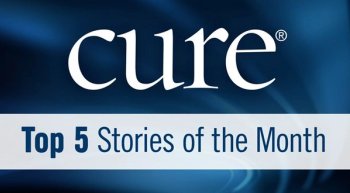
Each month, we take a look back at the most popular CURE® stories. Here are the top five stories for February 2021.

Each month, we take a look back at the most popular CURE® stories. Here are the top five stories for February 2021.

From a childhood cancer survivor being named a member of the first all-civilian SpaceX mission to colorectal cancer survivors golfing alongside PGA Tour champions in the Cologuard Classic, here’s what’s happening in the cancer space this week.

To discuss the projected rise in bladder cancer cases in 2021, CURE® spoke with Bladder Cancer Advocacy Network (BCAN) co-founder Diane Zipursky-Quale, who offered some insight on why the numbers continue to rise, and provides some hope in the form of educational programs offered by her organization.
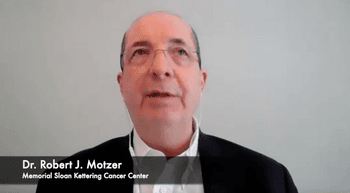
Positive results from the phase 3 CLEAR clinical trial, presented at the 2021 ASCO Genitourinary Cancers Symposium, are just one more dataset that could offer “a sense of hope and promise” for patients with advanced renal cell carcinoma (RCC), says the study’s lead author, Dr. Robert J. Motzer.

The Food and Drug Administration has approved first-line Libtayo (cemiplimab-rwlc) monotherapy for patients with advanced non-small cell lung cancer with a PD-L1 expression of 50% or greater.
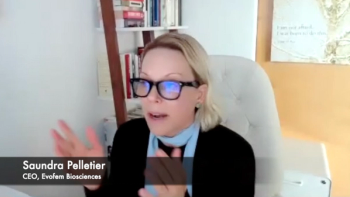
Breast cancer survivor and Evofem Biosciences founder and CEO Saundra Pelletier shares her thoughts on a new hormone-free contraceptive gel that could improve sexual quality of life in patients with cancer.

From the death of Bill Ludwig, the first patient to receive CAR-T cell therapy to treat his end-stage CLL, to a letter to the President urging him to grant patients with cancer and survivors priority access to the COVID-19 vaccine, here’s what’s happening in the cancer space this week.
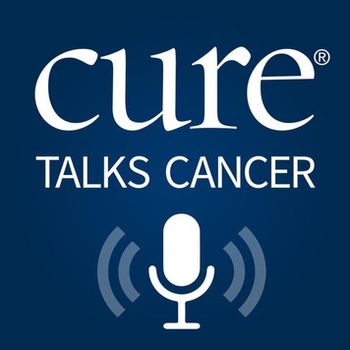
This week on the “CURE® Talks Cancer” podcast, we spoke with Evofem Biosciences founder and CEO Saundra Pelletier about what it was like to go through the shock of receiving a cancer diagnosis while also navigating a career, and explaining how her product, which is now FDA-approved, can help patients with cancer and survivors improve their sexual quality of life.
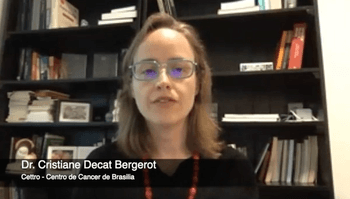
For patients to maintain or improve their quality of life through their cancer treatment, it is pivotal that they communicate with their health care team.

The FDA approved Cosela, a first-in-its-class therapy to reduce the frequency of chemotherapy-induced bone marrow suppression in adults receiving certain types of chemotherapy for extensive-stage small cell lung cancer.
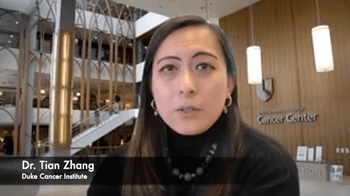
Clinical trials remain the gold standard when it comes to finding new treatment options for patients, particularly when it comes to renal cell carcinoma. But even if the results are positive and this combination proves to be beneficial, patients should still discuss all of their options with their oncologist to find the right sequence of treatment, says one expert.

From a 12-year-old girl living out her dream of living on the beach after 10 years of neuroblastoma treatments to Alex Trebek’s legacy living on after his passing, here’s what’s happening in the cancer space this week.
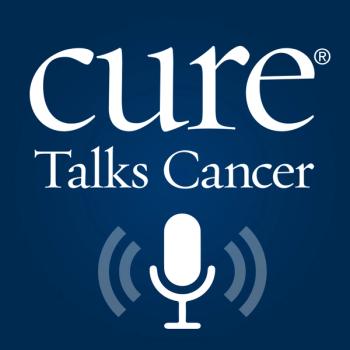
This week on the “CURE Talks Cancer” podcast, we spoke with Nicole Schulz, who was diagnosed with acute myeloid leukemia at the age of 14, about how her life changed as a result of her treatment and why she now lives life to the fullest.
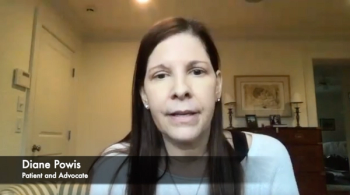
Diane Powis spent more than 10 months bouncing from one doctor to the next before finally being “blindsided by” a diagnosis of stage 3 ovarian cancer. But as her initial feelings of isolation and fear wore off, Powis soon learned that she wasn’t alone – and that help and information were out there.
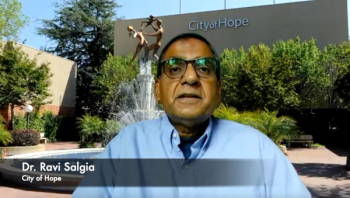
While the threat of COVID-19 still looms across the country, the risks of delaying cancer screenings – or active surveillance for those patients who are currently in treatment – could be greater than people think, says City of Hope’s Dr. Ravi Salgia.

From a Pennsylvania-based nonprofit taking advantage of recent blizzards to help local families in need to the creation of a “Cancer Bill of Rights”, here’s what’s happening in the cancer landscape this week.

To honor World Cancer Day 2021, CURE® has rounded up some of the most important 2021 cancer statistics to educate and inform.

Each month, we take a look back at the most popular CURE® stories. Here are the top five stories for January 2021.

Despite offering an increased number of services to patients, the decrease in funding as a result of the pandemic has put a strain on patient advocacy and support organizations around the world, leaving many, particularly those that specialize in the support of patients with lung cancer, in urgent need of financial support to continue to meet the increased need.

Though there are currently few approved treatments for advanced, pre-treated small cell lung cancer (SCLC), this patient population may have a safe and effective new option in apatinib, according to updated data from a prospective phase 2 study.


This week on the “CURE® Talks Cancer” podcast, we spoke with Martha Raymond, of The Raymond Foundation, about how providers can ensure patient safety to increase trial enrollment during the COVID-19 pandemic, and what she and her colleagues are doing to provide better trial access to all patients with cancer.
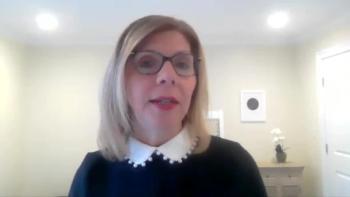
Clinical trials may seem scary and challenging for patients with cancer, but in reality, they don’t have to be. Here is how talking to former patients on clinical trials can help.

In an interview, Dr. Matthew Davids of the Dana-Farber Cancer Institute discusses the future of CAR T-Cell therapy in the treatment of younger patients with chronic lymphocytic leukemia.
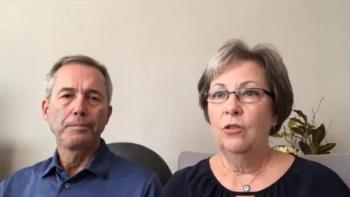
Caregiving for a patient with cancer is an ongoing journey that also requires the caregiver to learn along the way. One couple discusses that process and more.

In a recent interview with CURE®, a medical oncologist from the Dana-Farber Cancer Institute discussed why it’s important for patients with CLL, regardless of their treatment plans, to keep up on vaccinations and maintain a regular cancer screening schedule.

Janice and Rex Cowden sat down for an interview to discuss how to navigate a cancer diagnosis as a couple, and that communication is not only the key to a better cancer journey but a better marriage.
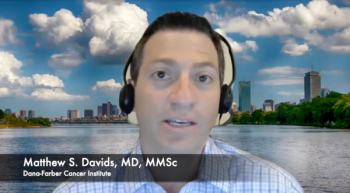
In a recent interview with CURE®, a medical oncologist from the Dana-Farber Cancer Institute in Boston discussed how the addition of Copiktra to a three-drug chemotherapy combination improved outcomes in patients with CLL, with more than half achieving complete remission.

With two different COVID-19 vaccines out there, it's important for patients with cancer to understand the different side effects for both. We help break down what patients and survivors can possibly expect.

In an interview with CURE®, Dr. Lawrence An discusses how expressive writing can be a tool to reduce stress in patients with cancer.